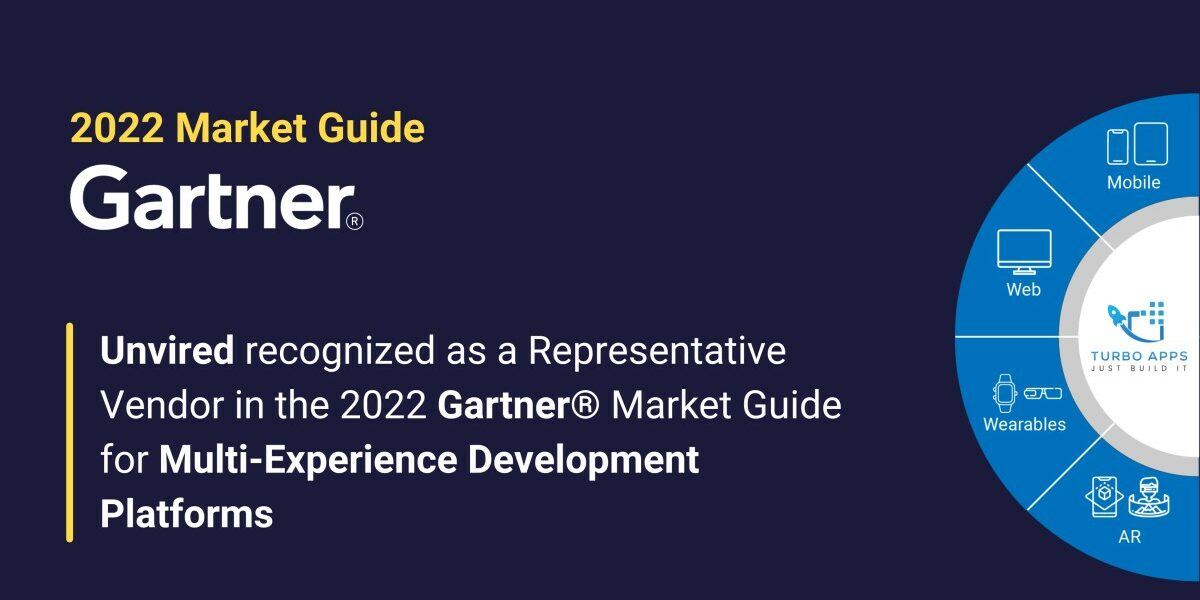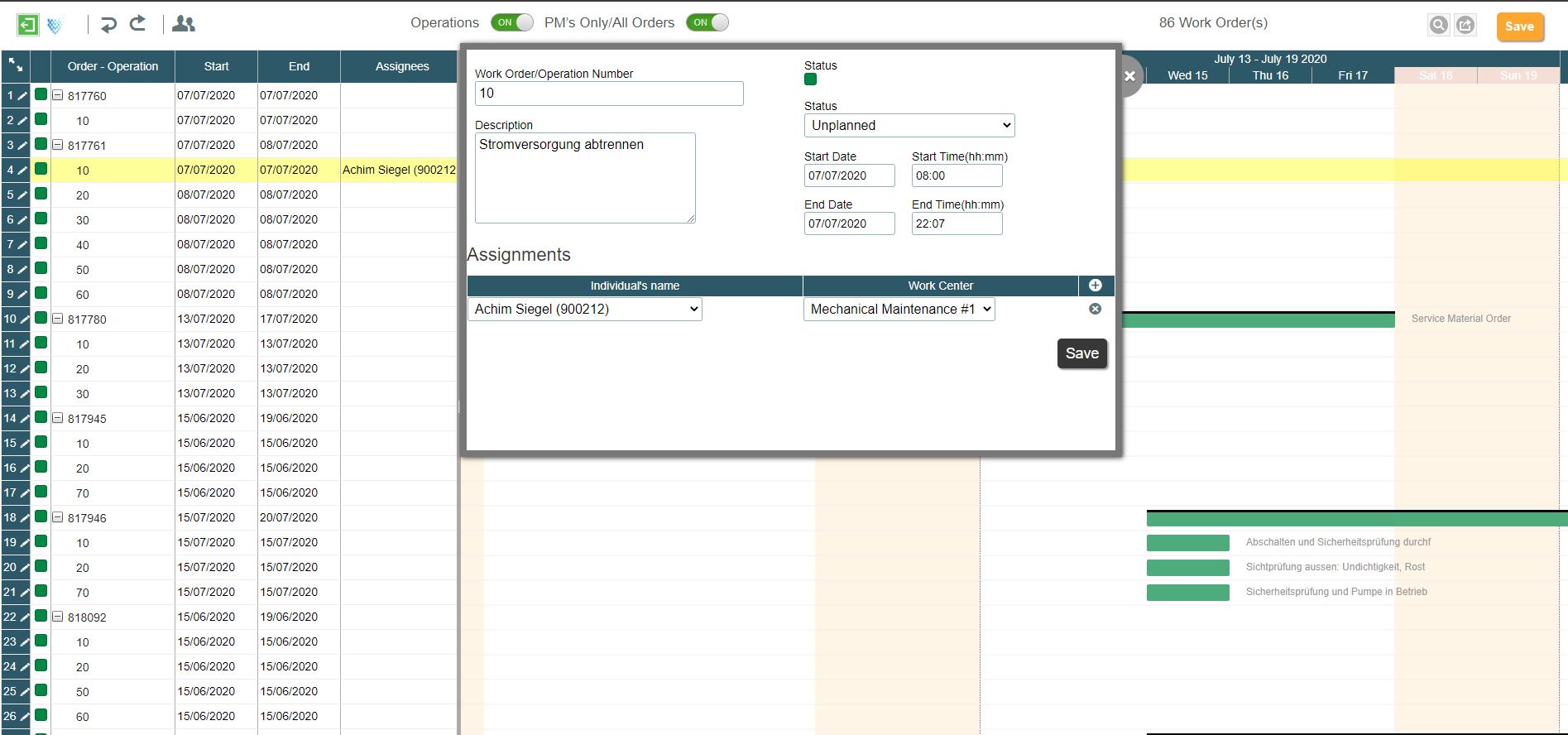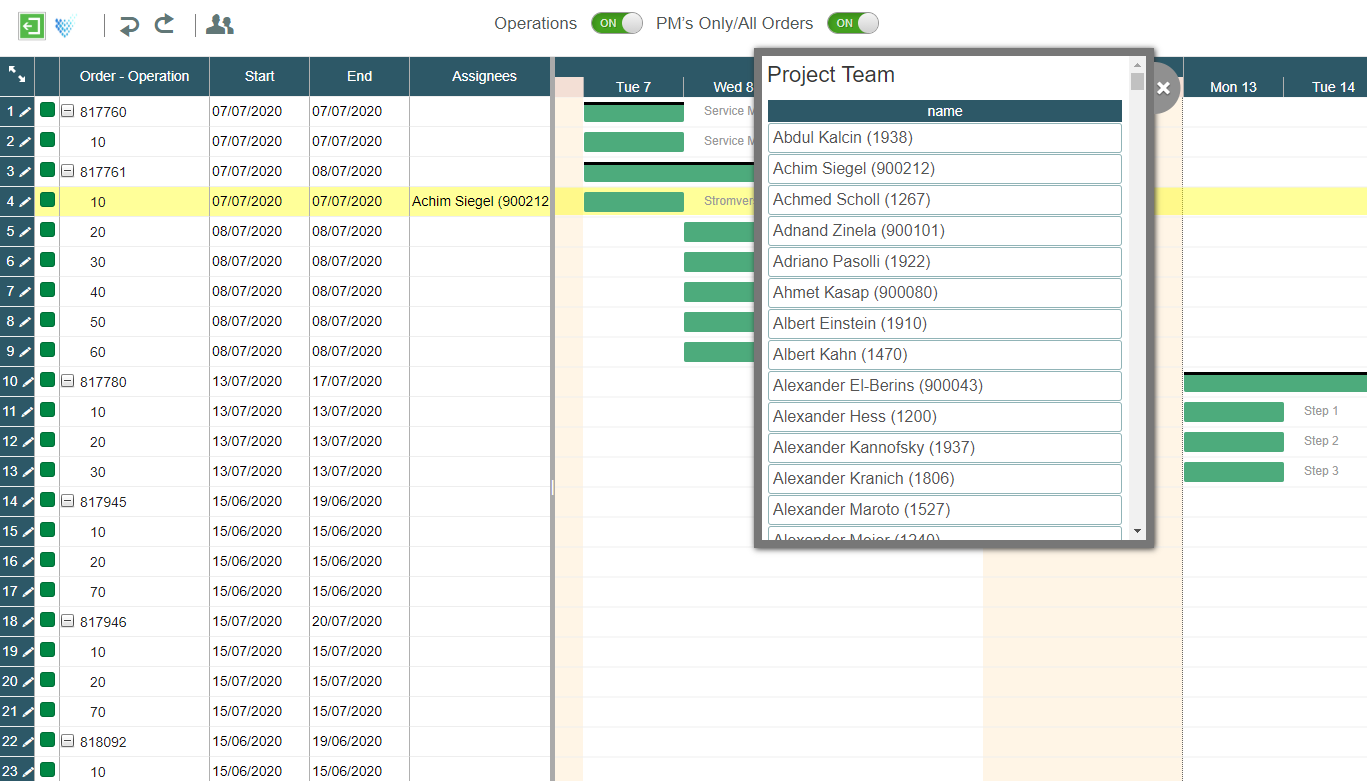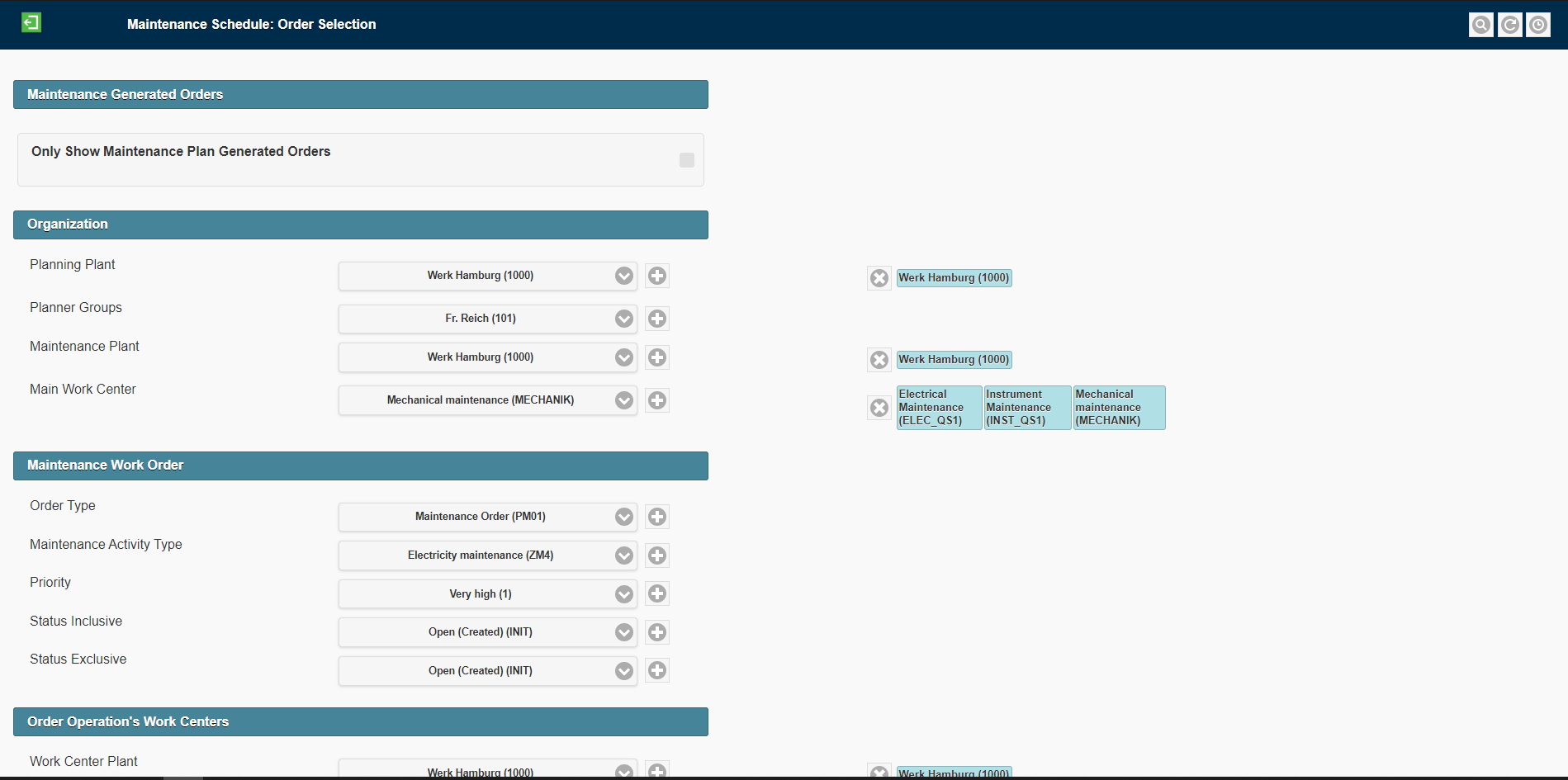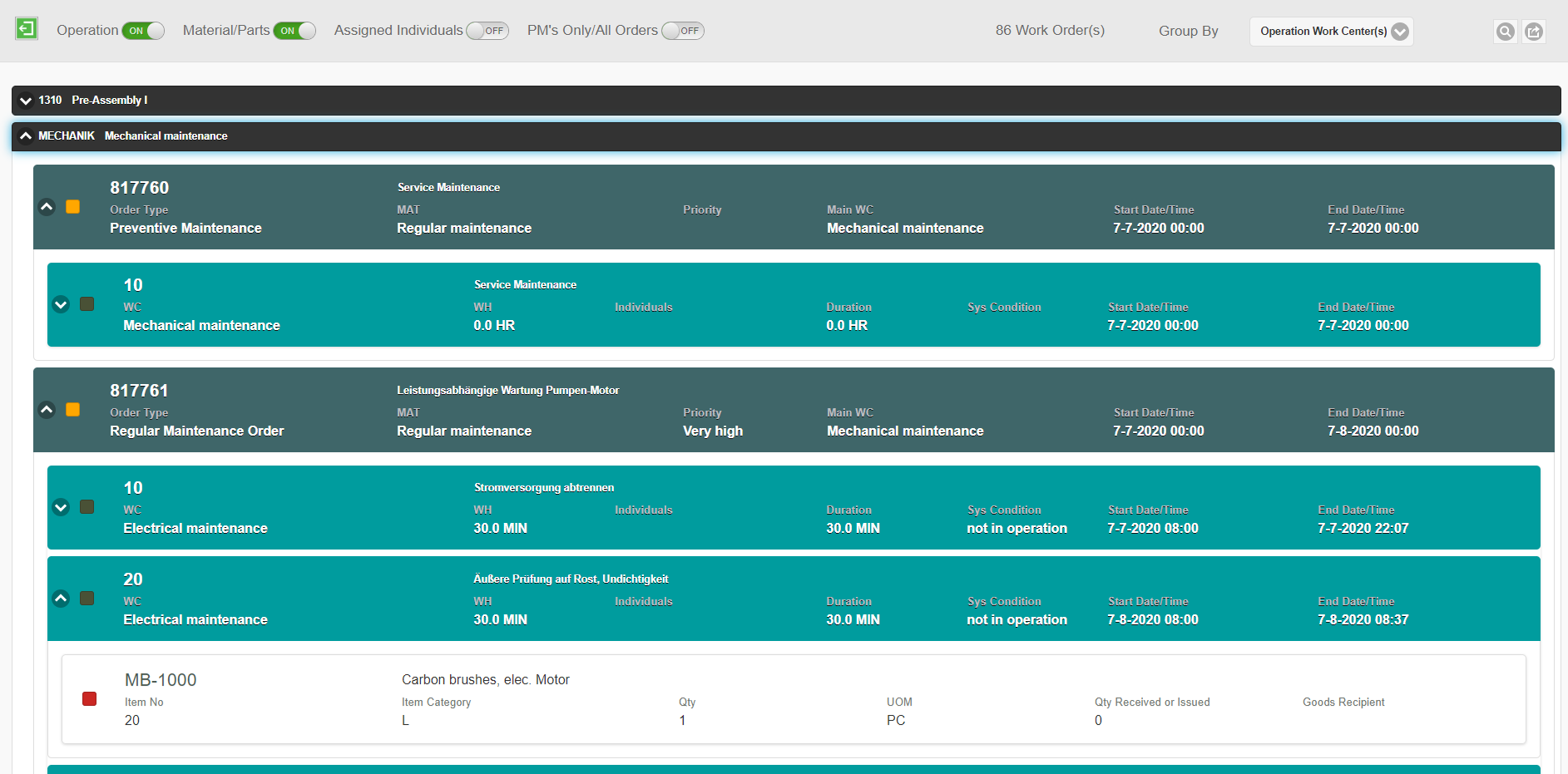While companies look for ways to outperform themselves and their competitors, the demands of the users also keep changing. Thus, timeliness is a determining factor for businesses to be able to meet these demands. The constantly changing digital scenario demands flexibility and agility for businesses to foster new technologies to enhance business operations.
Business strategies must align with the current needs and trends of the modern world of convenience. Application modernization is one such digital transformation that updates old systems to be scalable and integrates with new-gen technologies like low-code/no-code application development, AI, ML, IoT, and cloud to meet emerging requirements.
Why do legacy systems need modernization?
Legacy systems developed years ago played a crucial role in business operations. They met the needs of that time, but now the way businesses function has changed. Some factors to consider to modernize a legacy system are:
- Maintenance Costs: Maintaining a legacy system costs more than updating it. Expensive costs of maintaining legacy applications cause a strain on the budget for other relevant and necessary IT expenditures. 90% of businesses believe that they are impeded from harnessing the full potential of digital trends due to legacy apps.
- Integration: Legacy applications cannot integrate or are less feasible with platforms like new-gen technologies like AI, ML, etc. that help businesses and their employees to perform more efficiently and deliver a quality experience to their users.
- Security: With businesses going digital, security risks are also increasing. Legacy systems that do not get regular security updates are vulnerable
- Compliance: Compliance is a key feature of digital transformation. With the emerging digital world, the need to comply with important regulations is necessary.
- Low Code/No Code: Gartner estimates that the number of citizen developers shall be 4 times the number of professional developers within the next few years. Today, low code/no-code platforms like Unvired Turbo Apps and Turbo Forms provide a foundation to build modern apps fast and cost-effectively and with minimal or no coding skills needed.
Approaches to Application Modernization:
There are different approaches to modernizing legacy applications. Businesses have to take a thorough look into their systems and gradually decide what approach is best for their needs.
- Replace: When a business decides to change its optimization process and has new requirements, they start anew by replacing their existing system with a new one.
- Rebuild: This is a prolonged and expensive approach but has the maximum benefits. Here the code is rewritten and designed while preserving the original scope and frame. It implements methods like DevOps, microservices, and APIs in this process.
- Replatform: In this approach, minor changes are made to the code to adapt it into a new platform without any changes to the structure, features, and functions. The advantage of this approach is the minimal costs and value out of the same legacy system.
- Rehost: While maintaining the legacy system, this approach takes advantage of better performance by deploying its existing system to the cloud.
Legacy application modernization has proven to benefit many businesses and their operations. 65% of companies believe that legacy systems are incapable of addressing the emerging requirements of the digital business.
The Benefits of Application modernization are:
- Relevancy: Modern systems deliver better performance, faster with a better experience for both the company and its customers. Allows businesses to automate processes and digitally transform all operations.
- Scalability: Scalability is very crucial for businesses today as they must be capable of quickly deploying new innovations into their strategies when introduced.
- Satisfaction: User experience and employee experience are important factors to consider the overall success of a company. This could mean, building and maintaining positive relationships with customers or enhancing the productivity and experience of employees by adapting attractive new technology.
- Security and compliance: Application frameworks that are up-to-date with no compromises on security and compliance resulting in cost-effectiveness and increased efficiency.
- Speed: Low code/no-code application development enables business users and citizen developers to build modern applications in days without letting limited IT resources be the bottleneck.
Rethink your IT investments to strengthen your innovation and invest in the future. Contact Unvired now if you would like to discuss your requirements and see how the Unvired Turbo Apps and Turbo Forms low code/no-code platforms can modernize your applications.




